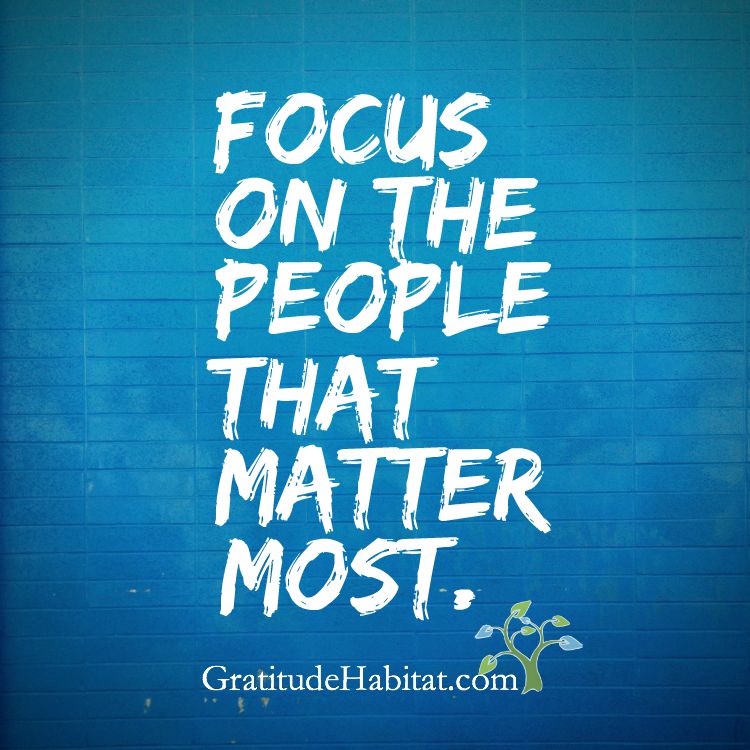Living in Gratitude: Stop Taking Things Personally
There is a huge amount of freedom that comes to you when you take nothing personally.” ~Don Miguel Ruiz
Most of us have taken something someone else has said personally. If someone says something negative, we may get angry or upset. And when we continually rely on others saying positive things to make us feel good, we allow them to determine our self worth and confidence. Both negatively affect our self-esteem, our relationship with ourself and with others.
When we stop taking things personally, we realize that what other people say and do is not about us at all; it’s about them.
According to Don Miguel Ruiz, author of the Four Agreements, nothing others do is because of us. Their words and actions are a projection of their own reality, their own feelings, beliefs and issues. When we become immune to the opinions and actions of others, be they negative or positive, we are no longer allowing ourselves to be victims.
Three incredible things occur when we refuse to take things to heart.
1.We become the ruler of our own emotions and get clear direction for our life. When we take the things other people say personally, both negative and positive, we are in effect handing over control of our emotions and our life to someone else. But when we choose to no longer take things personally, we are then in charge of our emotions and our actions. What other people think or expect of us no longer has an impact. We follow our heart, believe in ourselves and do what is best for us and our lives without being influenced by outside pressures. Read more






